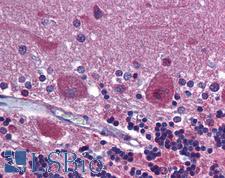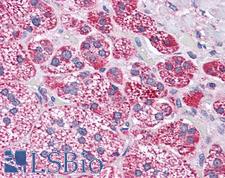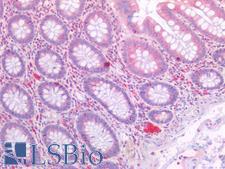Login
Registration enables users to use special features of this website, such as past
order histories, retained contact details for faster checkout, review submissions, and special promotions.
order histories, retained contact details for faster checkout, review submissions, and special promotions.
Forgot password?
Registration enables users to use special features of this website, such as past
order histories, retained contact details for faster checkout, review submissions, and special promotions.
order histories, retained contact details for faster checkout, review submissions, and special promotions.
Quick Order
Products
Antibodies
ELISA and Assay Kits
Research Areas
Infectious Disease
Resources
Purchasing
Reference Material
Contact Us
Location
Corporate Headquarters
Vector Laboratories, Inc.
6737 Mowry Ave
Newark, CA 94560
United States
Telephone Numbers
Customer Service: (800) 227-6666 / (650) 697-3600
Contact Us
Additional Contact Details
Login
Registration enables users to use special features of this website, such as past
order histories, retained contact details for faster checkout, review submissions, and special promotions.
order histories, retained contact details for faster checkout, review submissions, and special promotions.
Forgot password?
Registration enables users to use special features of this website, such as past
order histories, retained contact details for faster checkout, review submissions, and special promotions.
order histories, retained contact details for faster checkout, review submissions, and special promotions.
Quick Order
PathPlusTM PDGFRA / PDGFR Alpha Antibodies
PDGFRA is a tyrosine-protein kinase that acts as a cell-surface receptor for PDGFA, PDGFB and PDGFC and plays an essential role in the regulation of embryonic development, cell proliferation, survival, cell migration, chemotaxis in wound healing, and platelet activation and aggregation. Depending on the context, it promotes or inhibits cell proliferation and cell migration. It plays an important role in the differentiation of bone marrow-derived mesenchymal stem cells and is required for normal skeleton development, the development of the mucosa lining the gastrointestinal tract, and for recruitment of mesenchymal cells and the normal development of intestinal villi. In cancer, PDGFRA is overexpressed in gliomas, gastrointestinal stromal tumors (GIST), and ovarian, prostate, colon, lung, breast, bone and skin cancers. PDGFRA expression in ovarian cancer and chondrosarcoma is associated with shorter survival. In immunohistochemistry of normal tissue, PDGFRA is widely expressed throughout the body.
References: J Cell Physiol. 1994 Feb; 158(2):381-9, PMID: 8106574; J Histochem Cytochem. 2016 Dec; 64(12): 785–810, PMID: 27837159; Am J Surg Pathol 2001;25:1520; Sci Rep. 2015 Dec 7;5:17948, PMID: 26639755
3 PathPlusTM Antibodies



☰ Filters
Products
Antibodies
(3)
Type
Primary
(3)
Target
PDGFRA / PDGFR Alpha
(3)
Reactivity
Human
(2)
Mouse
(1)
Application
IHC
(2)
IHC-P
(3)
WB
(2)
IP
(1)
Host
rabbit
(3)
Product Group
PathPlus Cancer
(3)
Isotype
IgG
(1)
Clonality
polyclonal pc
(3)
Format
Unconjugated
(3)
Epitope
aa1000-C-term
(1)
Publications
No
(2)
Yes
(1)

Cancer
PDGFRA / PDGFR Alpha Rabbit anti-Human Polyclonal (aa1000-C-term) Antibody
Mouse, Human
IHC, IHC-P, IP, WB
Unconjugated
50 µl/$605

Cancer
PDGFRA / PDGFR Alpha Rabbit anti-Human Polyclonal Antibody
Human
IHC, IHC-P, WB
Unconjugated
100 µl/$375

Cancer
Fast Shipping
PDGFRA / PDGFR Alpha Rabbit anti-Human Polyclonal Antibody
IHC-P
Unconjugated
50 µg/$395
Viewing 1-3
of 3
product results











